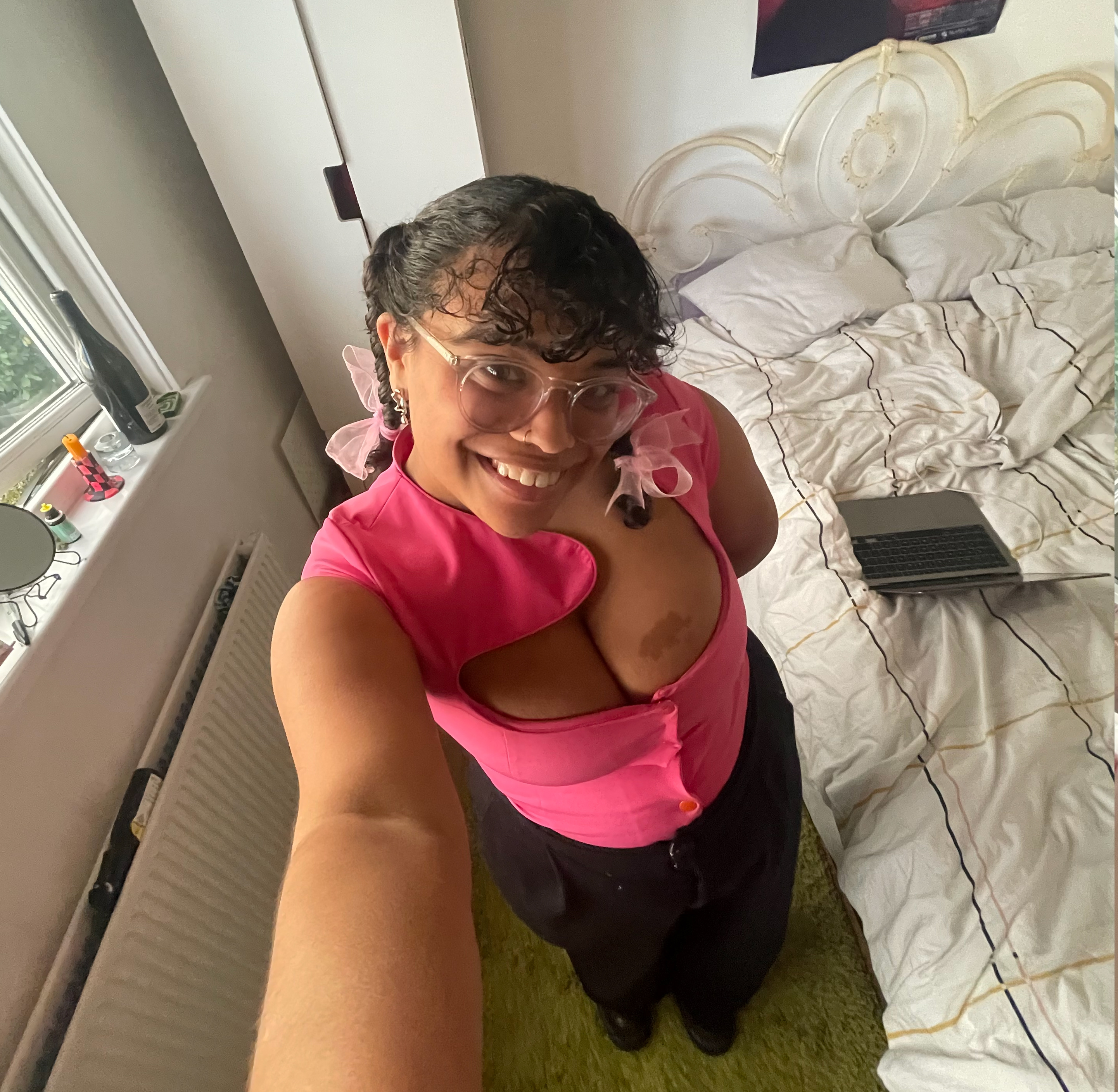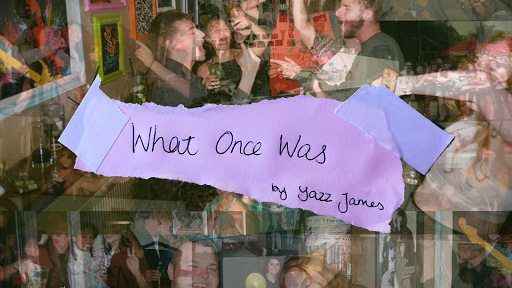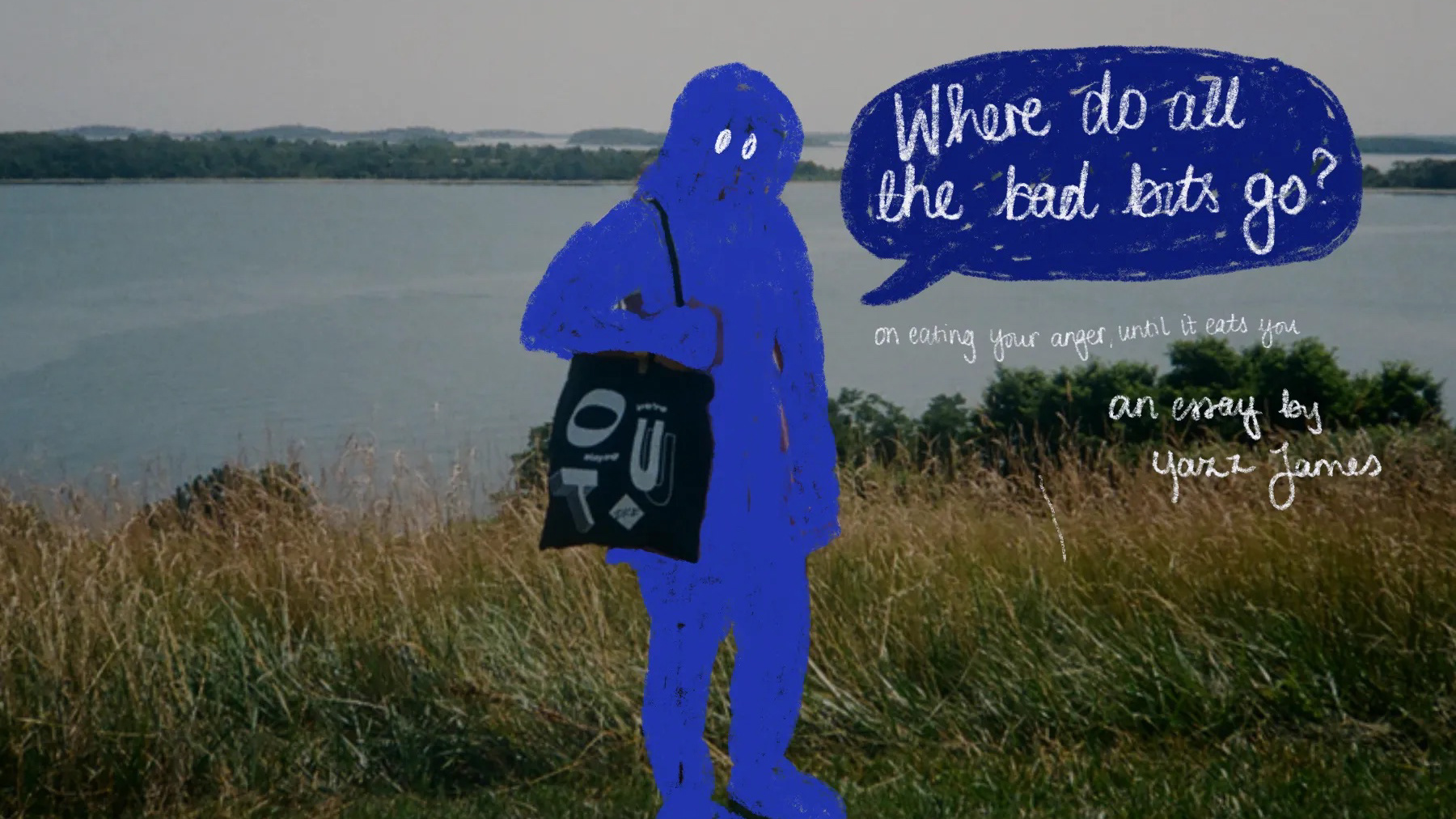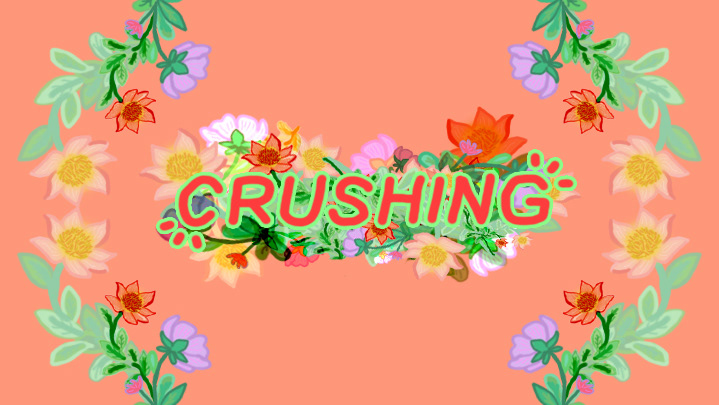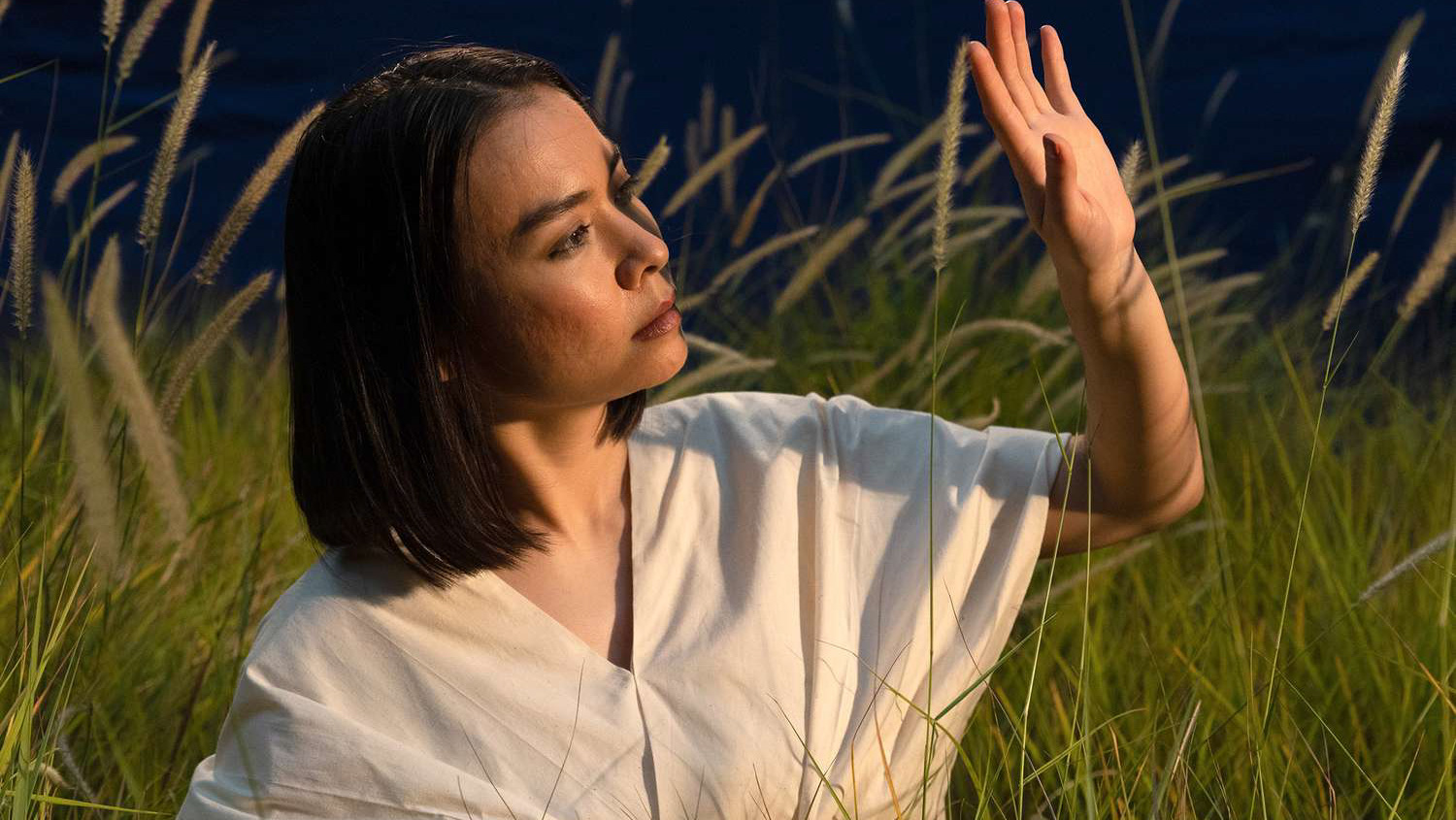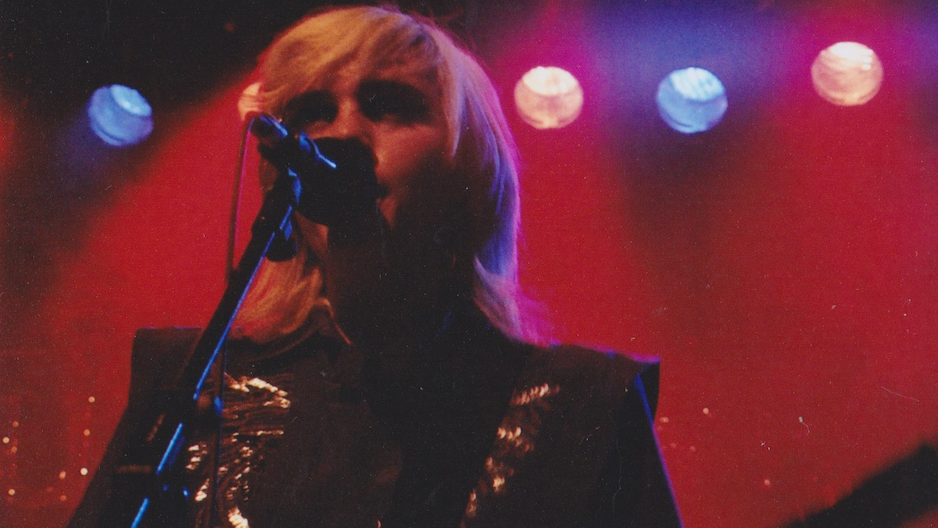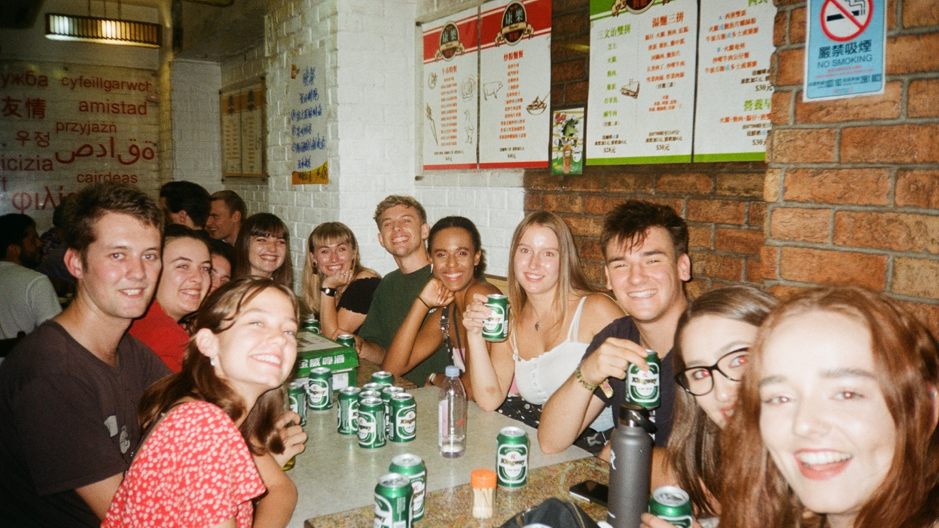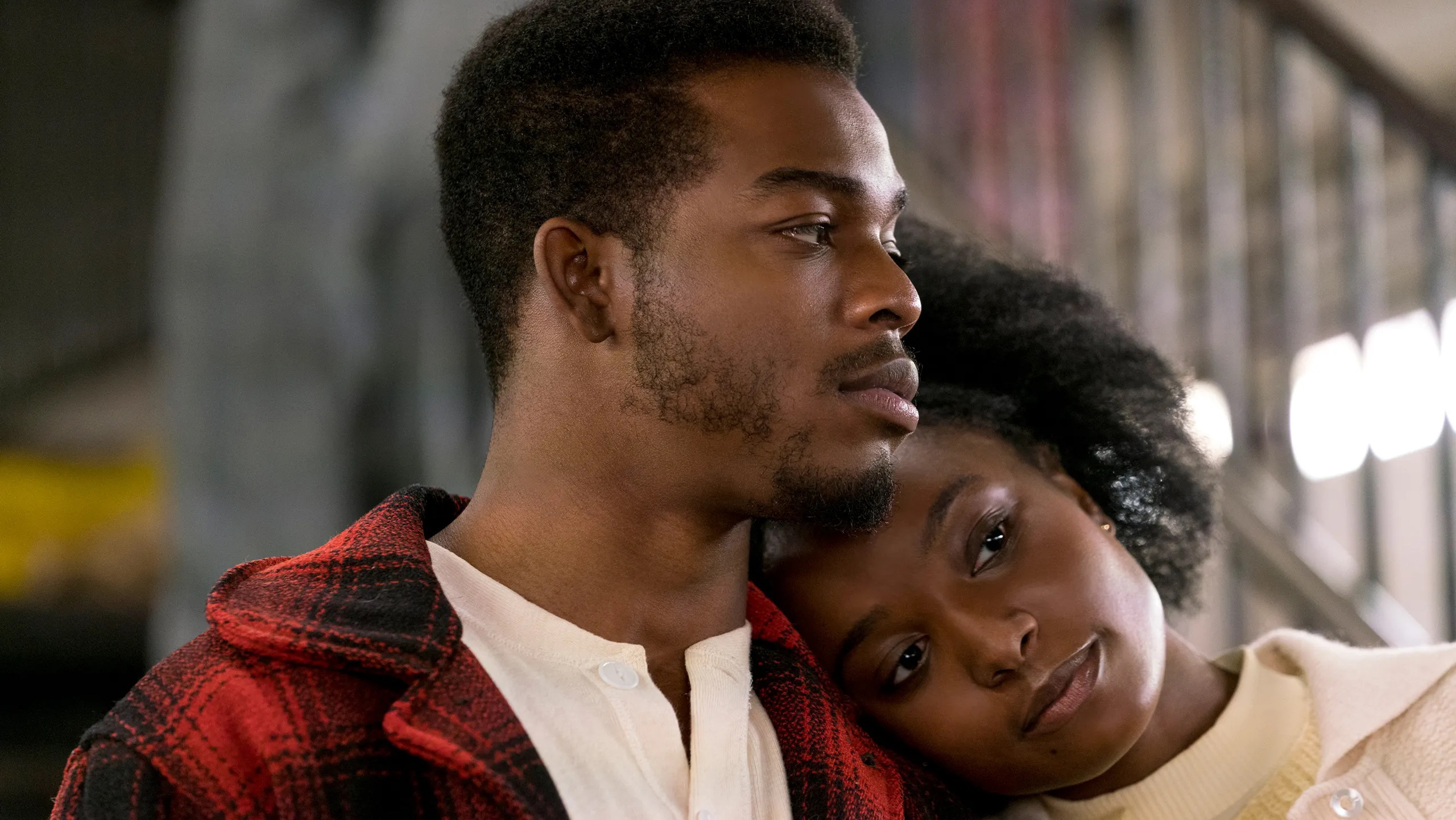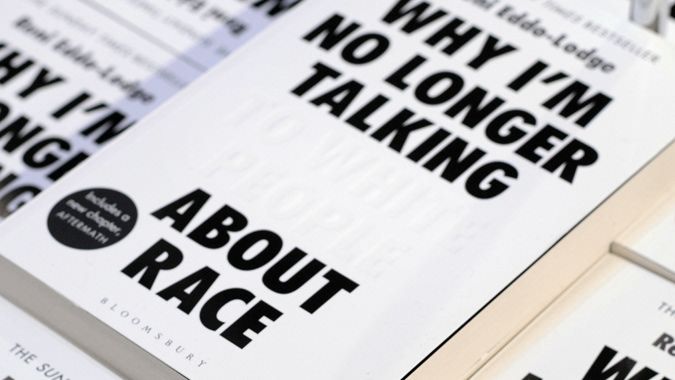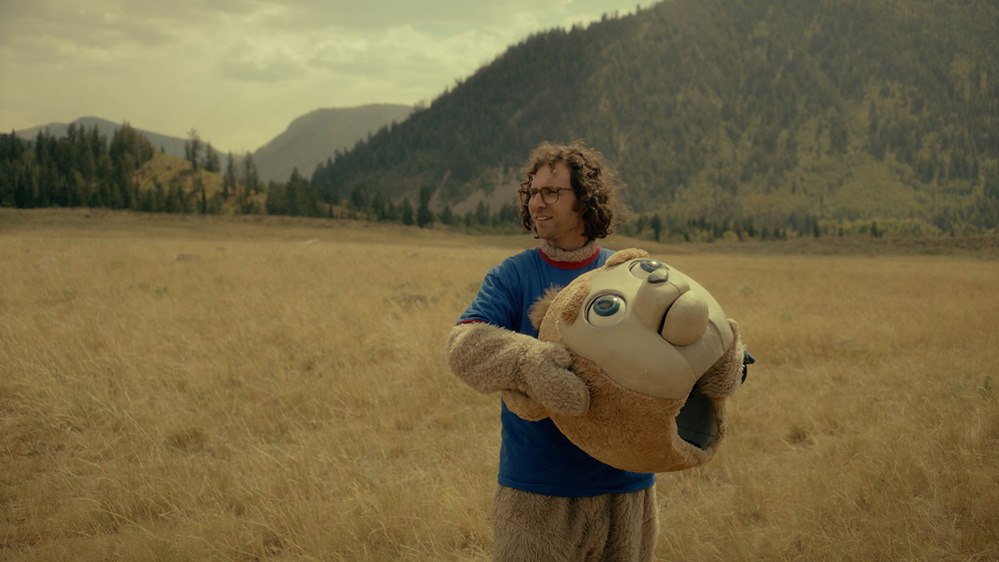Still from Skate Kitchen (2018)
Last year I posted a very similar article, but decided to edit it, update it and improve it. So here’s ‘Girls on Film’ a love-letter to some of the brilliant minds behind some brilliant movies; let’s celebrate women in the world of cinema!
Although it often seems that International Women’s Day is the only time we celebrate and empower women around us, the entire month of March is actually Women’s History Month. The film industry is incredibly biased in terms of gender – as well as other social factors. This year, women made up 25% of nominees in non-gender specific categories at the Academy Awards; although this is a small increase from last year, it is still not enough. Only five women have been nominated for Best Director with the first, Lina Wertmüller, nominated in 1977. The only woman to have ever won the award is Kathryn Bigelow for ‘The Hurt Locker’ in 2010. Between the lack of nominations for women film-makers, poorly written and small dialogue roles for actresses and poor ratio (5:1) of men to women working in film, as a woman, it can be difficult to feel you have a place in the industry. Highlighting some of my favourite films written and/or directed by women, I offer hope and inspiration to anyone in the same position as myself.
American Honey (2016)
‘American Honey’ is one of the most striking, yet beautifully shot films I have ever seen. In this film, directed by Andrea Arnold, the camera follows a teenage girl, Star, as she joins a magazine sales crew on their travels. It’s not an easy watch – it makes you uncomfortable, anxious for what’s going to happen and it’s very upsetting at times, but that’s also part of what makes this film so good. It explores some complex themes in a naturalistic way, making it seem almost documentary-like. Star longs for independence and freedom, she wants to be her own person, but her economic situation limits her. Though I said ‘American Honey’ follows Star, it never really allows us to get to know her; the narrative begins with unanswered questions and it ends that way too. This may be unfulfilling for some viewers, but for me it added verisimilitude. Star’s situation is very real, there are hundreds of young people living the way she does, but their stories are often ignored and lost. I have a lot of respect for Arnold for highlighting stories of this nature. If you can clear around three hours to watch this film undisturbed, then I’d highly recommend it.
Lady Bird (2017)
Last year saw Greta Gerwig become the fifth woman nominated for Best Director with ‘Lady Bird’. It’s portrayal of mother-daughter relationships resonated with myself and other young women. Set in Sacramento, California, 2002, this coming-of-age tale follows Christine ‘Lady Bird’ McPherson as she completes high school and reaches the cusp of adulthood. It’s shot with some noise and the colouring brings out sepia tones, making it feel nostalgic. It reminds me of looking back on a box of old family photos – at one point, our central character says “I remember from the pictures” and the style of this film echoes that.
The scenes I felt to be the most special were those between Lady Bird and her mother, Marion, in the car. In ‘Lady Bird’ the car is a place of both comfort and conflict. The film’s opening sees Christine throwing herself onto the road after she and her mother bicker – it’s a brilliant introduction to their somewhat comical relationship. Yet later on, the car provides a place for her to cry into Marion’s shoulder without explanation, also showing the deep love and trust between the pair.
Between boy troubles, fall outs and family drama, Gerwig’s solo directorial debut is one of warmth. It’s a love-letter to selfless mothers and their self-obsessed children. ‘Lady Bird’ is a stunning piece of work filled with love and admiration for women.
Skate Kitchen (2018)
‘Skate Kitchen’ is one of the most realistic and down-to-earth on screen explorations of girl friendship you can find in a film. The story shines light on modern femininity with empowering and interesting characters; it never feels overacted. It’s the girls I meet in my day to day life, those I pass in the street and the friends I’ve had for years. There were so many scenes that I loved, but, for me, the final scene is the one that stuck with me the most and made this one of my favourites of 2018; it’s beautifully cathartic with the sun setting and captures a moment of adolescent freedom.
Selma (2014)
Ava DuVernay is an inspiration to many through her talent as a film-maker, but also her drive; she has been many firsts in her lifetime – first black homecoming queen at her high school, first black student president – her film, ‘Selma’, saw her then become the first black woman to be nominated for Best Director at the Golden Globes. It tells of the 1965 Selma-to-Montgomery marches led by Martin Luther King Jr and the Southern Christian Leadership Conference. DuVernay herself has expressed that isn’t usually a fan of black historical dramas and so her approach to the film was to deconstruct the typical formula; where similar chronicles are often “made through the gaze of privilege”, she believed it was key to show all the ramifications that other directors would allow the camera to shy away from.
Due to not having the rights to King’s speeches, DuVernay was faced with the task of rewriting them; her approach was to understand the intention behind his speeches, rather than simply focusing on the exact words. This worked out well with emotive and powerful writing – also written by Paul Webb – continuously moving audiences.
